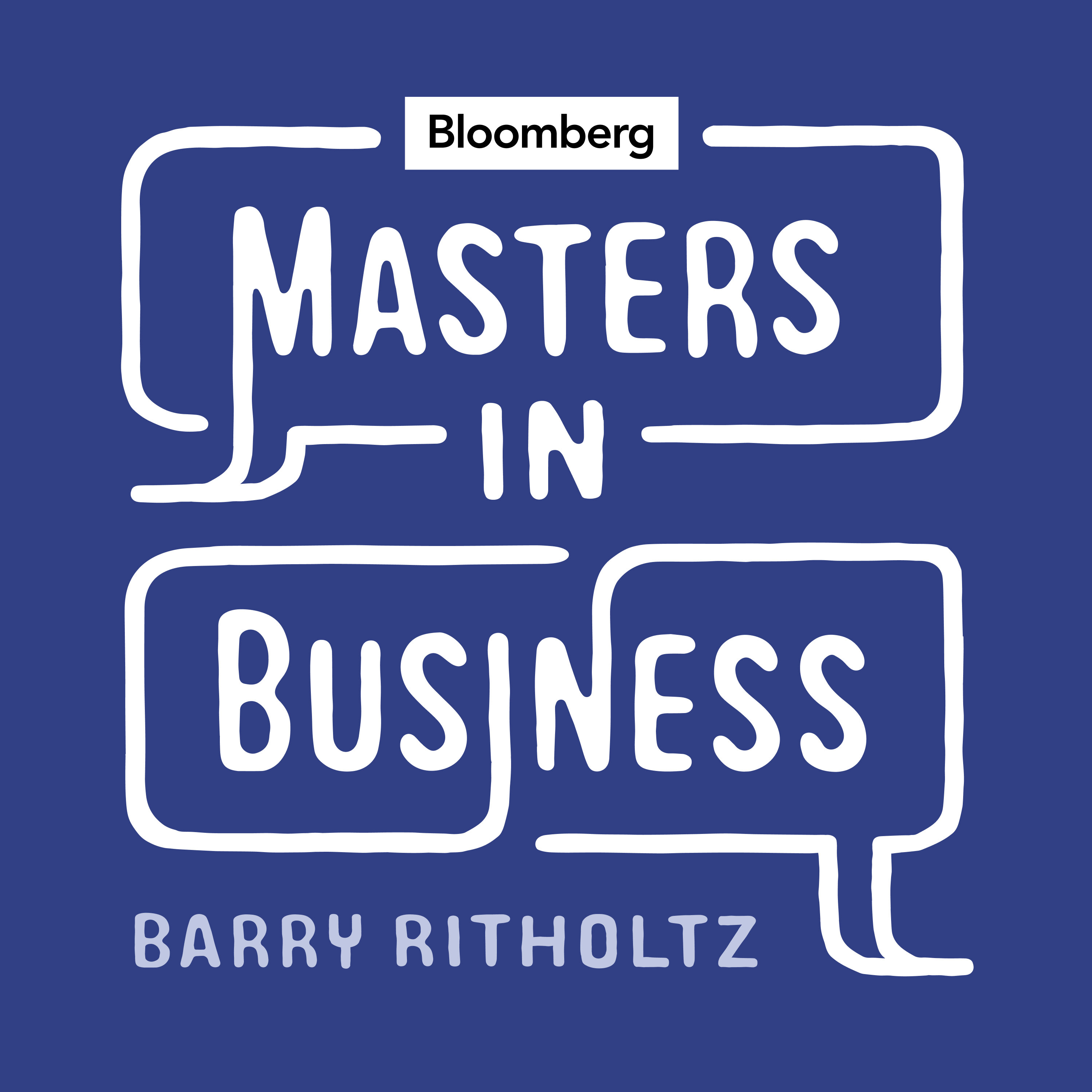
Amazon's 'Everything War' with Dana Mattioli

Masters in Business
Deep Dive
What key industries has Amazon become dominant in, according to Dana Mattioli?
Amazon is the number one or two player in eight industries: online retail (40% of U.S. online sales), cloud computing (largest globally), parcel delivery (more than UPS or FedEx), voice assistant devices, online advertising (third-largest), e-books, and Amazon Prime. They are also expanding into space with Project Kuiper.
Why did Amazon's culture become so competitive and cutthroat?
Amazon's culture is driven by its 'Hunger Games'-like environment, where employees compete to avoid being in the bottom 6% who are cut annually. Forced ranking, inspired by Intel, pushes employees to prioritize their own metrics over customer experience or ethics, leading to unethical and anti-competitive behaviors.
How did Amazon use predatory pricing to dominate the diaper market?
Amazon slashed diaper prices by 30% below cost to compete with Quidsi (parent of Diapers.com), losing $200 million monthly. They also created loyalty programs to lure customers. When Quidsi considered selling to Walmart, Amazon threatened to give diapers away for free, forcing Quidsi to sell to Amazon instead.
What unethical practices did Amazon employ against third-party sellers on its Marketplace?
Amazon allegedly copied successful products from third-party sellers, reverse-engineered them, and sold them under its private label brands like Amazon Basics. Despite internal policies and public denials, employees used seller data to identify high-margin products and replicate them, undercutting the original sellers.
How did Amazon's early tax strategy give it a competitive edge?
Amazon avoided collecting state sales tax for 20 years by arguing its warehouses didn't constitute a physical presence. This gave them a 6-10% price advantage over competitors like Sears, who had to cut prices to compete, destroying their margins and contributing to their bankruptcy.
What role did Andy Jassy play in the development of Amazon Web Services (AWS)?
Andy Jassy, now Amazon's CEO, recognized the need for scalable cloud computing as Amazon expanded. He proposed AWS, which initially focused on storage and computing, allowing startups and companies to launch without investing in expensive infrastructure. AWS became a major profit driver for Amazon.
How did Amazon's antitrust issues compare to Microsoft's in the 1990s?
Like Microsoft, Amazon faces antitrust lawsuits alleging it abuses its monopoly power. The FTC and EU have accused Amazon of predatory pricing, stifling competition, and exploiting third-party sellers. The enforcement could lead to a breakup of Amazon, similar to how Microsoft's antitrust case allowed smaller tech companies to flourish.
What was Lena Khan's role in shaping modern antitrust enforcement against Amazon?
Lena Khan, a Yale law student, wrote a viral law review article arguing that Amazon's monopoly power resembled Standard Oil's. Her work influenced the FTC's antitrust lawsuit against Amazon, accusing it of predatory pricing, anti-competitive practices, and exploiting its platform dominance.
How did Amazon's early strategy of profitless growth help it dominate?
Amazon's initial shareholder letter warned investors not to expect profits for years, allowing the company to reinvest heavily in expansion. This strategy let Amazon undercut competitors, build its 'everything store,' and diversify into areas like AWS, creating a dominant, profit-generating conglomerate.
What ethical concerns arose from Amazon's treatment of third-party sellers?
Amazon forced third-party sellers to share proprietary data, then used it to develop competing products. Sellers also faced rising fees (from 19% to 45% of revenue), forcing them to raise prices or reduce margins. The FTC lawsuit alleges this behavior harms both sellers and consumers.
- Dana Mattioli started at the Wall Street Journal in 2006.
- She initially covered retail companies and later M&A deals.
- Her experience covering various industries led her to focus on Amazon in 2019.
- She is known for her investigative reporting and has received several awards for her work.
Shownotes Transcript
Barry Ritholtz speaks with Dana Mattioli, an investigative reporter covering Amazon for the Wall Street Journal. Since starting at the Journal in 2006 Dana has produced a string of front-page articles on everything from the troubles at Kodak and J.C. Penney to Pfizer's $150 billion deal to buy Allergan. She was a recipient of the 2021 Gerald Loeb Award for Beat Reporting as well as the 2021 WERT Prize from the Women’s Economic Round Table. Additionally, she was part of a 2016 Gerald Loeb Award team win in the breaking news category and a Pulitzer Prize finalist in 2020 for her team's investigation into Amazon. She is the author of the book "The Everything War: Amazon’s Ruthless Quest to Own the World and Remake Corporate Power." On this episode, Barry and Dana discuss her path into journalism, the current era of antitrust enforcement, and Amazon's growth into the powerhouse it is today.
See omnystudio.com/listener) for privacy information.